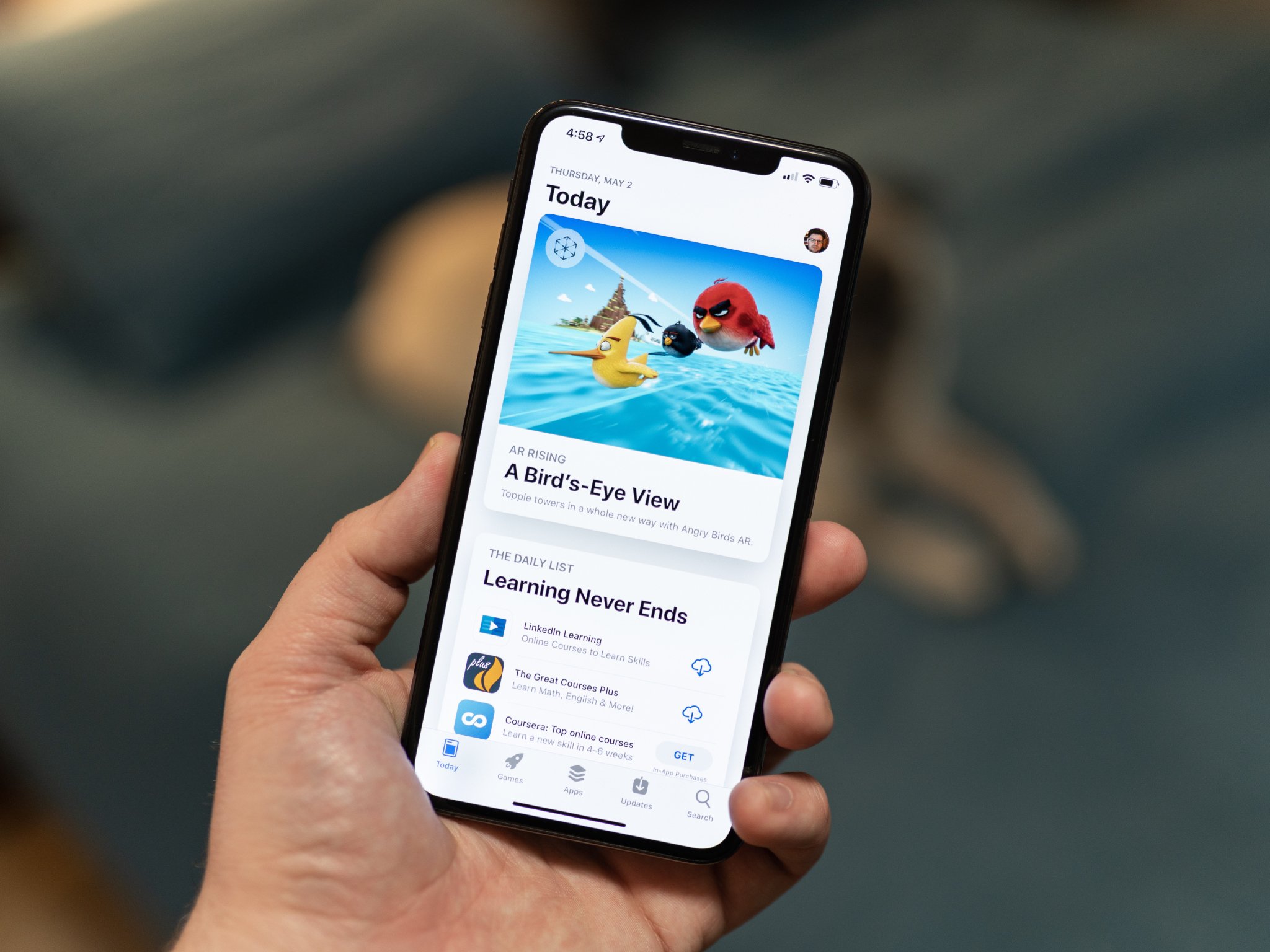Apple's App Store to support alternative payments in South Korea

iMore offers spot-on advice and guidance from our team of experts, with decades of Apple device experience to lean on. Learn more with iMore!
You are now subscribed
Your newsletter sign-up was successful
What you need to know
- Apple is making a huge change to its App Store in South Korea.
- Developers and users can now take advantage of alternative App Store payments.
- It means users can make purchases using systems other than in-app purchases.
Apple is making a huge change to the App Store in South Korea, and will now let developers offer alternative payment methods within apps for purchases.
The company announced Thursday:
The Telecommunications Business Act in South Korea was recently amended to mandate that apps distributed by app market operators in South Korea be allowed to offer an alternative payment processing option within their apps. To comply with this law, developers can use the StoreKit External Purchase Entitlement. This entitlement allows apps distributed on the App Store solely in South Korea the ability to provide an alternative in-app payment processing option. Developers who want to continue using Apple's in-app purchase system may do so and no further action is needed.
Apple said that it has designed the App Store "to be a safe and trusted place to discover and download apps" and says that in-app purchases are integral to that system, clearly implying it is doing this against its will.
Developers will have to follow strict guidelines if they want to offer alternative in-app purchases, and some features like Ask to Buy and Family Sharing will not be available to users "in part because (Apple) cannot validate payments that take place outside of the App Store's private and secure payment system."
Developers must request a special entitlement to use the StoreKit External Purchase Entitlement, and can only use one of four pre-approved processing systems:
- KCP
- Inicis
- Toss
- NICE
Developers can ask Apple to consider other options.
As per Apple's dating app changes in Holland, you can't offer in-app purchases and alternative payments in the same app, they must be separate, so there's no chance of any Epic Games hotfix-style payment screens that offer Apple's in-app payment options next to an alternative method.
iMore offers spot-on advice and guidance from our team of experts, with decades of Apple device experience to lean on. Learn more with iMore!
Most notably, Apple is still going to take a 26% commission on these sales. Previously, alternative payments have been positioned as a way for developers to avoid Apple's commission rates and keep more (or all of the) money from in-app purchases to themselves. From Apple:
Developers using these entitlements will be required to provide a report to Apple recording each sale of digital goods and content that has been facilitated through the App Store. This report will need to be provided monthly within 15 calendar days following the end of Apple's fiscal month. To learn about the details that will need to be included in the report, view an example report. Qualifying developers will receive an invoice based on the reporting and will be required to remit payment to Apple for the amount invoiced within 45 days following the end of Apple's fiscal month. In the future, if Apple develops technical solutions to facilitate reporting, developers will be required to adopt such technologies.
Developers must also show screen warning users that the apps don't support Apple's own in-app payment system, which reads:
Title: This app does not support the App Store's private and secure payment system.Body: All purchases in this app will be managed by the developer "". You will no longer be transacting with Apple. Your stored App Store payment method and related features, such as subscription management, Ask to Buy, Family Sharing, and refund requests, will not be available. Apple is not responsible for the privacy or security of transactions made with this developer.

Stephen Warwick has written about Apple for five years at iMore and previously elsewhere. He covers all of iMore's latest breaking news regarding all of Apple's products and services, both hardware and software. Stephen has interviewed industry experts in a range of fields including finance, litigation, security, and more. He also specializes in curating and reviewing audio hardware and has experience beyond journalism in sound engineering, production, and design.
Before becoming a writer Stephen studied Ancient History at University and also worked at Apple for more than two years. Stephen is also a host on the iMore show, a weekly podcast recorded live that discusses the latest in breaking Apple news, as well as featuring fun trivia about all things Apple. Follow him on Twitter @stephenwarwick9
